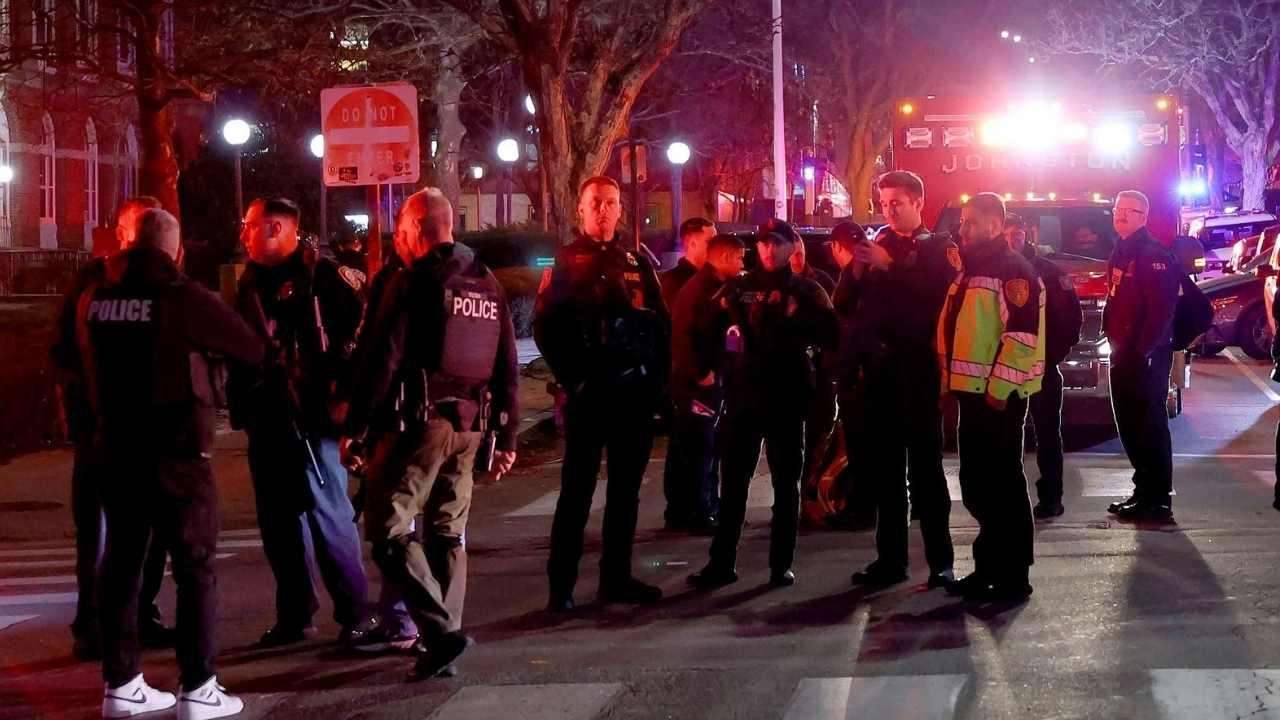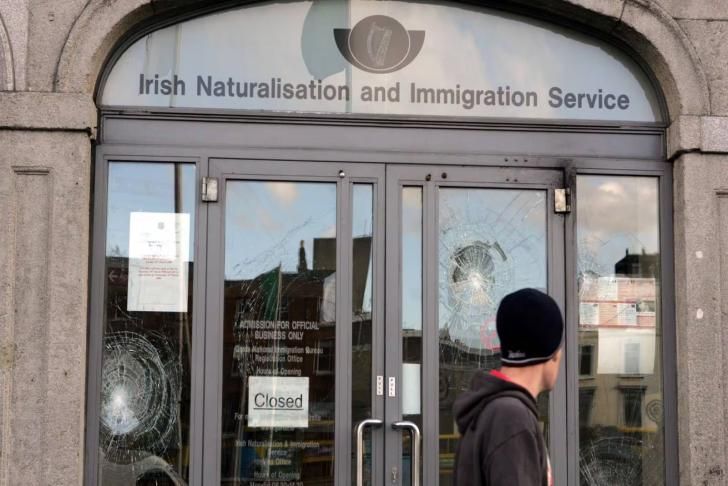A group that represents Indian nurses in the area claims that the increasing delays in the renewal of residence permits required of those who come here to live from outside the European Union (EU) are causing significant issues for thousands of workers and their families in Cork City.
About 9,000 non-EU workers, according to the group, are employed in the region; however, delays ranging from four to six months for the appointments necessary for renewals are impeding individuals from starting or resuming their jobs, impede family reunification initiatives and citizenship applications, and make it difficult for those who wish to travel, sometimes for urgent family matters.
They want to see the online renewals system they say has been successfully rolled out in the Dublin region extended to Cork City, or greater flexibility shown with regard to the centres where appointments are scheduled as much of the wider region is unaffected by the delays.
“The problem is that there is only one centre in Cork City and so there the backlog is massive,” said Janet Baby Joseph, president of the Cork Indian Nurses association.
“We have approached local TDs who have said they will raise the issue in the Dáil but extending the online system used in Dublin and allowing people to have their appointments outside of the city could help start to address the situation very quickly,” she says.
Renewals in the Dublin area are handled by the Immigration Service while those in the rest of the country are overseen by An Garda Síochána, who were approached for comment.
Separately, an immigration specialist at Dublin-based law firm Lewis Silkin says any move to introduce visa requirements for those travelling from South Africa to work in Ireland will have a significant impact on companies who have ramped up recruitment there in recent years.
Just 3 per cent of work permits granted to people coming from outside the EU in the opening months of this year, 326 out of 9,832, went to South Africans but the country has become a source of particular skills that are in short supply in the Irish construction and infrastructure sectors.
The Cabinet, however, is to discuss ending visa-free travel from South Africa three years after it was reintroduced as it is believed people from other countries, including Zimbabwe and the Democratic Republic of Congo, have been using South African passports to sidestep immigration requirements.
“The process at the moment of obtaining the permits required for South Africans to come and work here takes about 10 weeks on average but if you add visa requirements to that it could take an additional eight weeks. There might be additional support required and so it all becomes a more onerous task and a less attractive one for companies who need these skills and have invested in their efforts to hire South African nationals,” says Declan Groarke, senior associate at Lewis Silkin.
“These are skilled people like engineers and electrical engineers and there is a traditional labour market shortage that needs to be filled. The Department of Enterprise is working to try to address that market shortage but this could actually work against us in many ways,” he says.








.svg)
